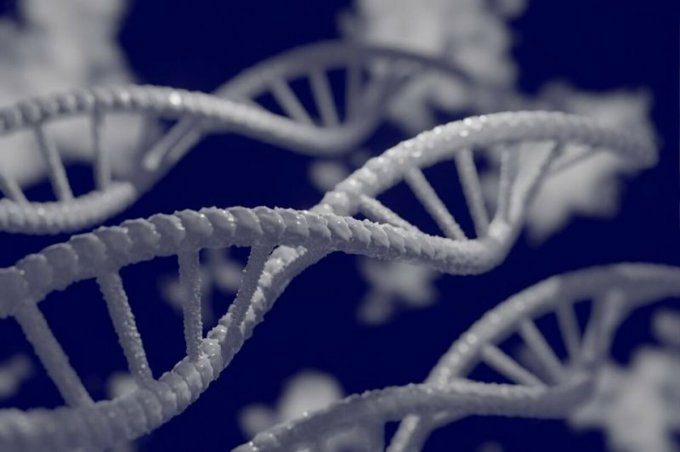Scientists Discover 155 New Genes in Humans, Indicating That Human Evolution Continues Millions of Years After Primate Era.
According to a study published in the journal Cell Reports on December 22, researchers utilized previously published functional gene datasets to create a gene map, comparing humans with other vertebrate species. They examined the relationships of these genes throughout the evolutionary process and identified 155 new genes, arising from unique DNA regions.

Illustration of a human gene segment. (Image: Pixabay).
Typically, human genes originate from copying existing genes. However, the newly discovered genes in this study were formed from scratch, without using existing genes.
Among the 155 new genes, 44 are associated with growth deficiencies in cell cultures, highlighting their importance in maintaining health.
Since these are characteristic genes, direct testing poses some challenges. Scientists need to find ways to explore their impacts on the body and determine if they contribute to specific diseases. Three of the 155 new genes show DNA signals related to muscular dystrophy, retinitis pigmentosa, and Alazami syndrome (a type of genetic developmental disorder).
Beyond diseases, researchers also identified a new gene related to human heart tissue. This gene appeared in chimpanzees shortly after they separated from gorillas, suggesting that a gene can evolve very rapidly if it is essential to the body.
“This project started in 2017 because I was interested in the evolution of new genes and wanted to understand how these genes originated,” said Nikolaos Vakirlis, a researcher at the Alexander Fleming Biomedical Science Research Center in Greece and the lead author of the study.
Researching specific genes presents a challenge. Nevertheless, experts say the new dataset paves the way for deeper insights into genetics.
“These genes are easy to overlook because they are difficult to study. However, I believe the scientific community will recognize their importance. If research goes in the direction we hope, it will decode many mysteries related to the function of the human genome,” noted Aoife McLysaght, a scientist at Trinity College Dublin.


















































